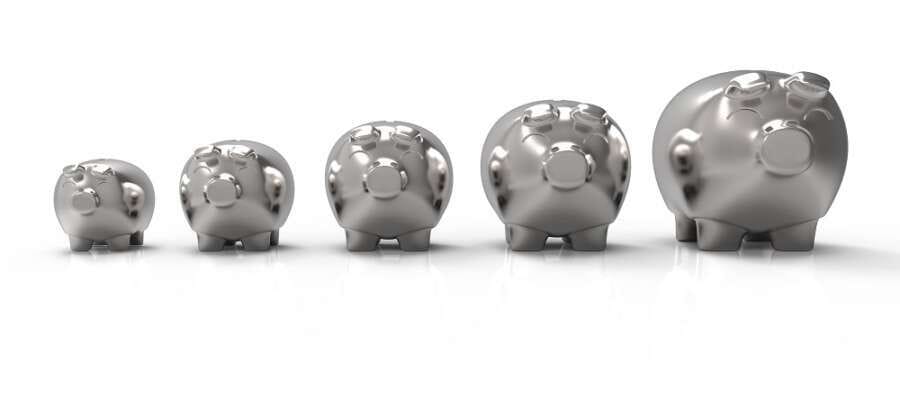
A new ranking system published today by green savings expert MotherTree has revealed the UK’s biggest offenders in banking when it comes to carbon emissions, in an effort to raise awareness to consumers around of the environmental impact of their savings.
Each £1,000 held in a current account could be responsible for contributing up to 0.29 tonnes of carbon per year, if you hold your money with the worst ranked offender Barclays – the equivalent of driving over 729 miles in the average passenger vehicle1.
In 2020, the average UK adult had £5,677 in savings 2. This amount held in a Barclays account is producing the same levels of CO2 each year as is emitted by the production of 42 kilos of beef 3 – which is more than eating a cheeseburger a day 4. To put this into context, flying from the UK to Rome and back seven times produces less CO25.
The new research points towards individuals’ investments as one of the UK’s biggest contributors to climate change and supports calls for more transparency to be introduced across the sector, to ensure UK consumers are more informed when choosing their bank or pension provider.
Shockingly, switching to a greener savings account doesn’t mean a loss of interest, but can actually earn consumers more on their savings. For example, Barclay’s highest freely available savings rate (for non rewards members) is 0.35% compared to 1.15% from the UK’s greenest bank, Triodos.
Dan Sherrard-Smith, Founder and CEO of MotherTree, a free service which calculates your money’s carbon footprint, commented: “Many people have no idea that their choice of bank has such an impact on climate change. While people may find these results alarming, it really is just the tip of the iceberg – this data omits the impact of mortgage and pensions, which is even greater.
“The good news is that consumers have the power to control their own financial investments and that switching to greener accounts might actually help them earn more money in the form of higher interest rates. With switching banks now easier than ever, one of the best things UK consumers could do to reduce their carbon footprint is also one of the easiest!”


